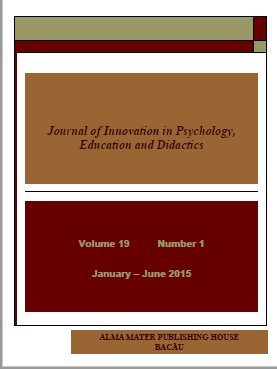PEERWISE: FLEXIBLE LEARNING AND THE CONTRIBUTING STUDENT PEDAGOGY
PEERWISE: FLEXIBLE LEARNING AND THE CONTRIBUTING STUDENT PEDAGOGY
Author(s): Lenandlar SinghSubject(s): Education, ICT Information and Communications Technologies, Sociology of Education
Published by: Editura Alma Mater
Keywords: Computer Science Education; Contributing Student Pedagogy; Peerwise; Social Learning; Web 2.0;
Summary/Abstract: PeerWise is a freely available web-based application that allows students to contribute Multiple Choice Questions (MCQs) to a question bank. Students’ engagement with Peerwise is modeled to facilitate students understanding of, and familiarity with web 2.0 and social software tools. In its socially-enabled environment, Peerwise allows students to create questions and explanations of their solutions, answer questions created by their peers and receive feedback, and provide ratings and comments to questions in the question bank. In addition, Peerwise provides an administrative interface for course instructors to facilitate easy access to questions created by students, and analyses of students’ contribution. Peerwise was designed following the principles of the contributing students’ pedagogy. This paper provides an overview of the contributing student pedagogy and a description of Peerwise as an instance of this model. Further, an analysis of the usage of Peerwise from the literature is explored and conclusions with experiences from a case study and an outline of areas for further research are outlined.
Journal: Journal of Innovation in Psychology, Education and Didactics
- Issue Year: 19/2015
- Issue No: 1
- Page Range: 67-90
- Page Count: 24
- Language: English

